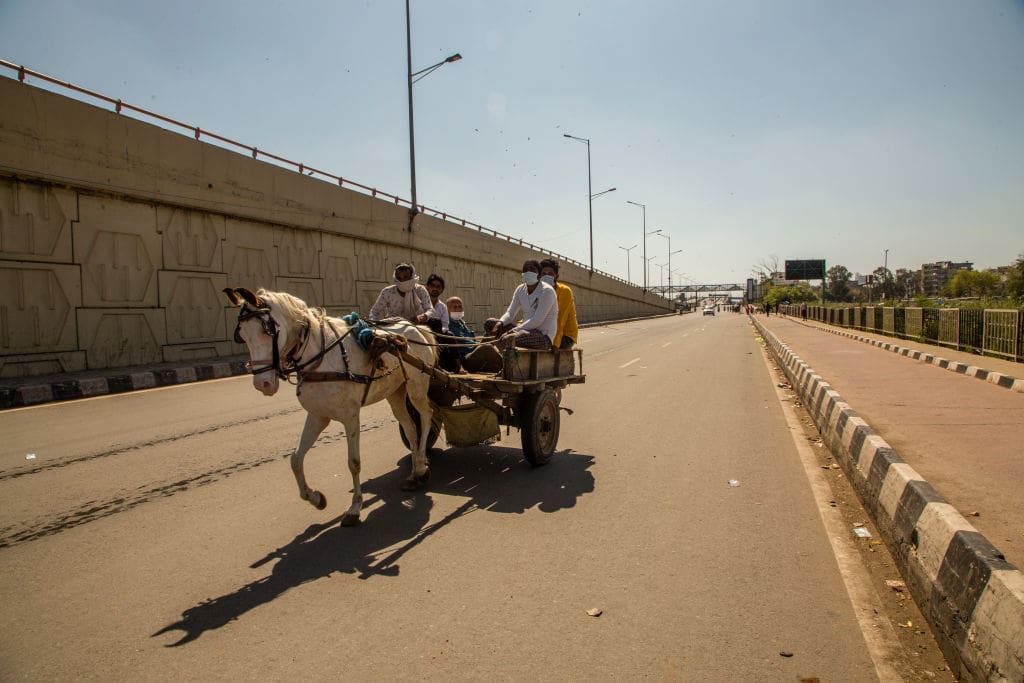On March 24, 2020, in a televised address Prime Minister Narendra Modi announced a 21-day nation-wide lock down, imposed under the Disaster Management Act, 2005 to prevent the further spread of COVID-19. “India is at a critical stage and even a single misstep could lead to the deadly virus spreading like wildfire and put the entire nation in jeopardy. If we continue to be negligent, India will have to pay a heavy price,” the Prime Minister told the nation.
“It is important that India takes all the necessary steps to battle the COVID-19 pandemic. However, it is equally important that the interests of the most vulnerable communities be kept at the heart of every policy in battling the pandemic. The nation-wide lockdown has disproportionately affected migrant and daily-wage workers and those employed in the informal sector. In designing responses to COVID-19, the Government of India must ensure that the needs and experiences of these communities are not an afterthought”, said Avinash Kumar, Executive Director of Amnesty International India.
According to the 2018-2019 Economic Survey of India, 93% of India’s workforce is employed in the informal sector which is largely characteristic of inadequate or limited social security benefits. As most of India’s economy comes to a gradual shutdown, millions of such workers have already lost their jobs. With temporary or insecure housing and inadequate food, shelter and sanitation facilities, many have no option but to go back to their homes. Since the lockdown includes suspension of bus and railway services, many are compelled to walk to their homes, which in some cases are more than 1000 kilometres away. Restaurants and hotels remain shut leaving them with fewer options to access clean food and drinking water as they walk back home. And to make it worse, the state police machinery is using repression, including ill-treatment, arbitrary detentions and unnecessary or excessive use of force on these workers for violating the lockdown.
“The nation-wide lockdown has left millions stranded, struggling to search for food and water. Unfortunately for these people, a state machinery has become a larger threat than the COVID-19 pandemic. This is unfortunate and the Government of India must ensure that insensitivity and brute force be replaced by people friendly measures in battling the pandemic. Torture and other ill-treatment is absolutely prohibited in all circumstances, and can never be justified, including during public health crises”, said Avinash Kumar.
“Amnesty International India calls on the Government of India and various state governments to take measures to widen access to social security which will reduce the hardships faced by those who have lost their jobs because of the nation-wide lockdown. It also urges the Government to respect and protect the rights of those under quarantine and ensure that people’s basic needs are met, including adequate shelter, food, water and sanitation,” said Avinash Kumar.
To learn more about COVID-19 and human rights, visit: https://www.amnestyusa.org/distant-but-together-responding-to-covid-19/
For more information or to arrange an interview, please contact Mariya Parodi, [email protected]

